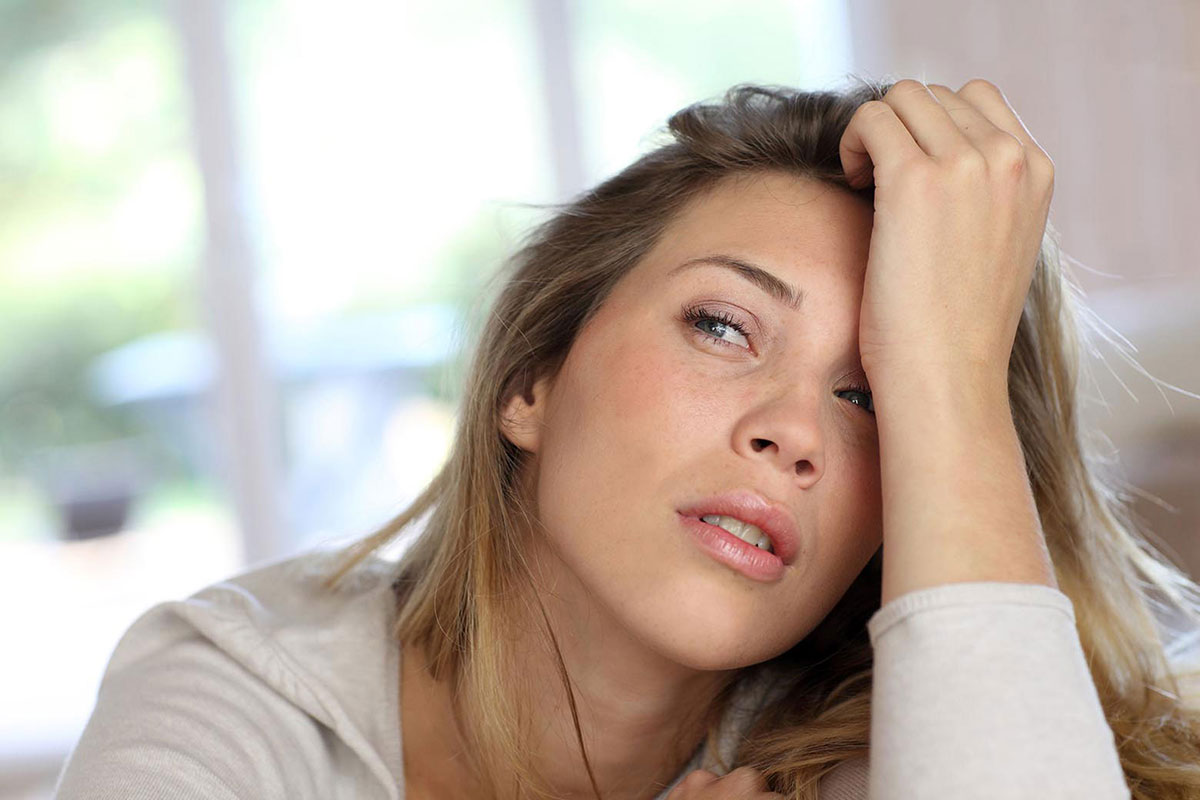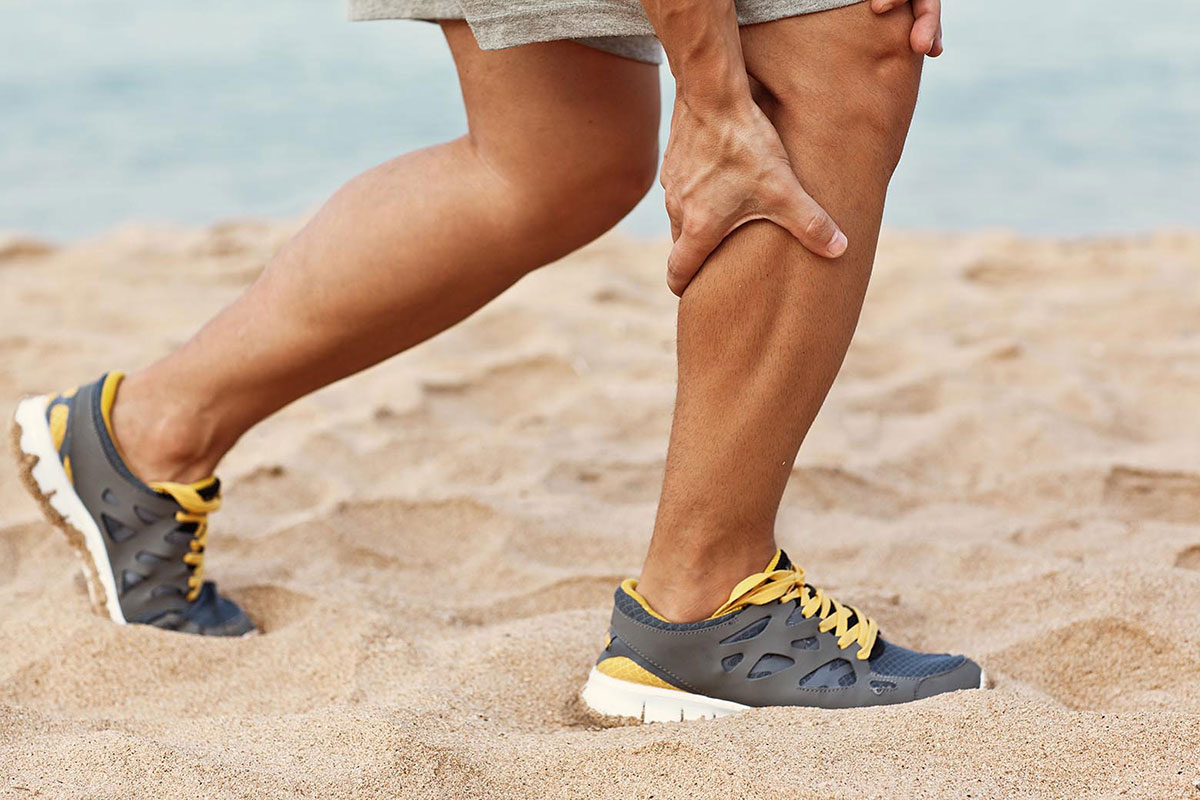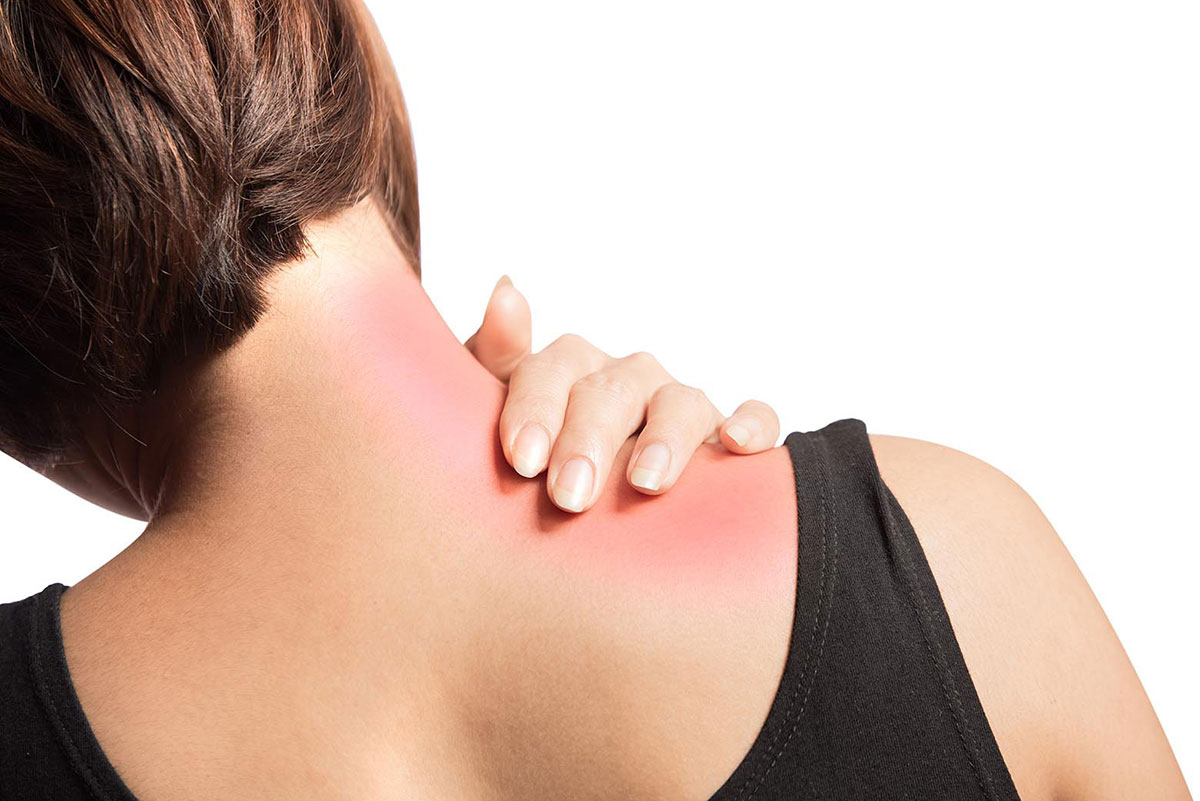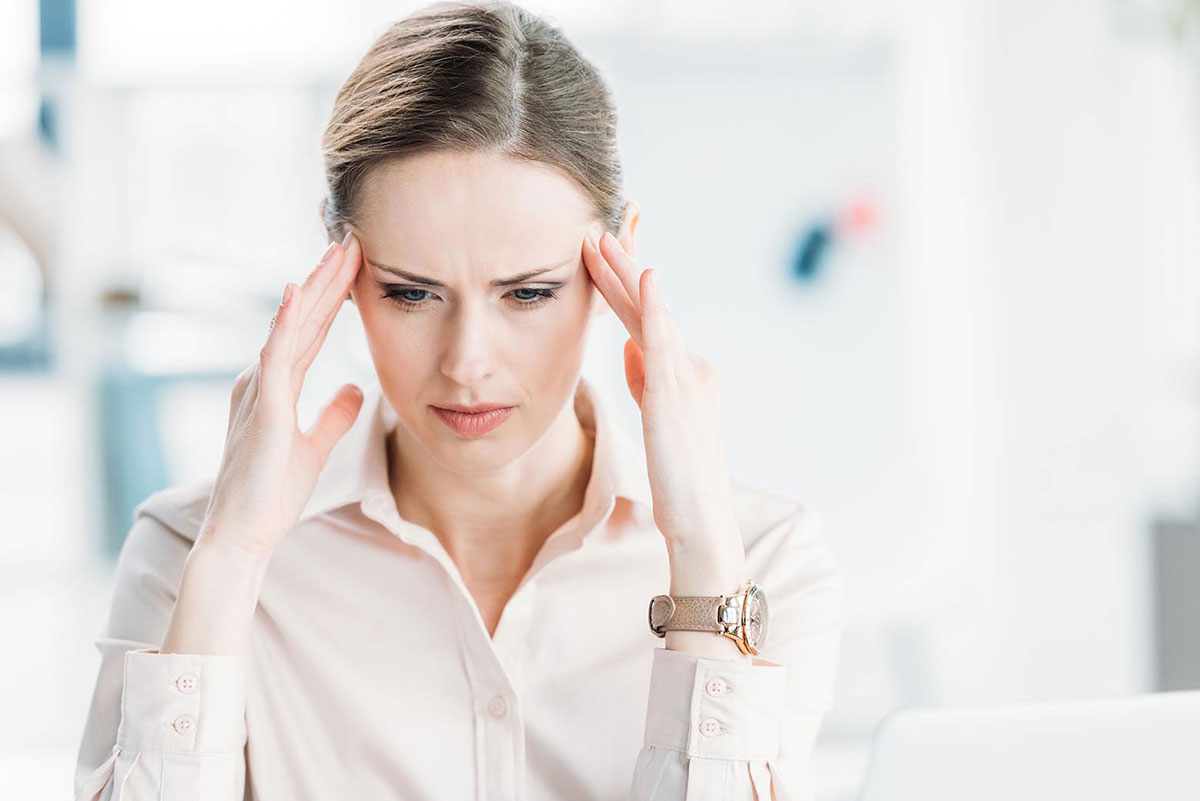Ketogenic Diet Side Effects

25 Top Supplements That Really Work
Discover the most effective supplements to promote a healthy body
Learn about key supplements to support digestion, brain function, energy, and more
Understand how to manage common health issues with specific supplements

25 Top Supplements That Really Work
Discover the most effective supplements to promote a healthy body
Learn about key supplements to support digestion, brain function, energy, and more
Understand how to manage common health issues with specific supplements

25 Top Supplements That Really Work
Discover the most effective supplements to promote a healthy body
Learn about key supplements to support digestion, brain function, energy, and more
Understand how to manage common health issues with specific supplements

25 Top Supplements That Really Work
Discover the most effective supplements to promote a healthy body
Learn about key supplements to support digestion, brain function, energy, and more
Understand how to manage common health issues with specific supplements

25 Top Supplements That Really Work
Discover the most effective supplements to promote a healthy body
Learn about key supplements to support digestion, brain function, energy, and more
Understand how to manage common health issues with specific supplements

25 Top Supplements That Really Work
Discover the most effective supplements to promote a healthy body
Learn about key supplements to support digestion, brain function, energy, and more
Understand how to manage common health issues with specific supplements

25 Top Supplements That Really Work
Discover the most effective supplements to promote a healthy body
Learn about key supplements to support digestion, brain function, energy, and more
Understand how to manage common health issues with specific supplements

25 Top Supplements That Really Work
Discover the most effective supplements to promote a healthy body
Learn about key supplements to support digestion, brain function, energy, and more
Understand how to manage common health issues with specific supplements

25 Top Supplements That Really Work
Discover the most effective supplements to promote a healthy body
Learn about key supplements to support digestion, brain function, energy, and more
Understand how to manage common health issues with specific supplements

25 Top Supplements That Really Work
Discover the most effective supplements to promote a healthy body
Learn about key supplements to support digestion, brain function, energy, and more
Understand how to manage common health issues with specific supplements

25 Top Supplements That Really Work
Discover the most effective supplements to promote a healthy body
Learn about key supplements to support digestion, brain function, energy, and more
Understand how to manage common health issues with specific supplements

25 Top Supplements That Really Work
Discover the most effective supplements to promote a healthy body
Learn about key supplements to support digestion, brain function, energy, and more
Understand how to manage common health issues with specific supplements

25 Top Supplements That Really Work
Discover the most effective supplements to promote a healthy body
Learn about key supplements to support digestion, brain function, energy, and more
Understand how to manage common health issues with specific supplements

25 Top Supplements That Really Work
Discover the most effective supplements to promote a healthy body
Learn about key supplements to support digestion, brain function, energy, and more
Understand how to manage common health issues with specific supplements

25 Top Supplements That Really Work
Discover the most effective supplements to promote a healthy body
Learn about key supplements to support digestion, brain function, energy, and more
Understand how to manage common health issues with specific supplements

How to Read Your Body
Learn to recognize common symptoms and uncover their underlying health issues
Understand the signs of nutrient deficiencies to manage your health
Explore the four metabolic body types and the core factors that influence them
Interpret your body's signals from head to toe to identify potential health concerns

How to Read Your Body
Learn to recognize common symptoms and uncover their underlying health issues
Understand the signs of nutrient deficiencies to manage your health
Explore the four metabolic body types and the core factors that influence them
Interpret your body's signals from head to toe to identify potential health concerns

How to Read Your Body
Learn to recognize common symptoms and uncover their underlying health issues
Understand the signs of nutrient deficiencies to manage your health
Explore the four metabolic body types and the core factors that influence them
Interpret your body's signals from head to toe to identify potential health concerns

How to Read Your Body
Learn to recognize common symptoms and uncover their underlying health issues
Understand the signs of nutrient deficiencies to manage your health
Explore the four metabolic body types and the core factors that influence them
Interpret your body's signals from head to toe to identify potential health concerns

How to Read Your Body
Learn to recognize common symptoms and uncover their underlying health issues
Understand the signs of nutrient deficiencies to manage your health
Explore the four metabolic body types and the core factors that influence them
Interpret your body's signals from head to toe to identify potential health concerns

How to Read Your Body
Learn to recognize common symptoms and uncover their underlying health issues
Understand the signs of nutrient deficiencies to manage your health
Explore the four metabolic body types and the core factors that influence them
Interpret your body's signals from head to toe to identify potential health concerns

How to Read Your Body
Learn to recognize common symptoms and uncover their underlying health issues
Understand the signs of nutrient deficiencies to manage your health
Explore the four metabolic body types and the core factors that influence them
Interpret your body's signals from head to toe to identify potential health concerns

How to Read Your Body
Learn to recognize common symptoms and uncover their underlying health issues
Understand the signs of nutrient deficiencies to manage your health
Explore the four metabolic body types and the core factors that influence them
Interpret your body's signals from head to toe to identify potential health concerns

How to Read Your Body
Learn to recognize common symptoms and uncover their underlying health issues
Understand the signs of nutrient deficiencies to manage your health
Explore the four metabolic body types and the core factors that influence them
Interpret your body's signals from head to toe to identify potential health concerns

How to Read Your Body
Learn to recognize common symptoms and uncover their underlying health issues
Understand the signs of nutrient deficiencies to manage your health
Explore the four metabolic body types and the core factors that influence them
Interpret your body's signals from head to toe to identify potential health concerns

How to Read Your Body
Learn to recognize common symptoms and uncover their underlying health issues
Understand the signs of nutrient deficiencies to manage your health
Explore the four metabolic body types and the core factors that influence them
Interpret your body's signals from head to toe to identify potential health concerns

How to Read Your Body
Learn to recognize common symptoms and uncover their underlying health issues
Understand the signs of nutrient deficiencies to manage your health
Explore the four metabolic body types and the core factors that influence them
Interpret your body's signals from head to toe to identify potential health concerns

How to Read Your Body
Learn to recognize common symptoms and uncover their underlying health issues
Understand the signs of nutrient deficiencies to manage your health
Explore the four metabolic body types and the core factors that influence them
Interpret your body's signals from head to toe to identify potential health concerns

How to Read Your Body
Learn to recognize common symptoms and uncover their underlying health issues
Understand the signs of nutrient deficiencies to manage your health
Explore the four metabolic body types and the core factors that influence them
Interpret your body's signals from head to toe to identify potential health concerns

How to Read Your Body
Learn to recognize common symptoms and uncover their underlying health issues
Understand the signs of nutrient deficiencies to manage your health
Explore the four metabolic body types and the core factors that influence them
Interpret your body's signals from head to toe to identify potential health concerns
In recent weeks, there has been a lot of buzz surrounding the ketogenic diet and its side effects. Before you start stocking up on low carb snacks, it’s important to do your research. While a keto lifestyle is proven to promote rapid weight loss, there are symptoms that can come along with it.
Side effects are actually quite common with a ketogenic diet. Think about it: You’re transforming your body on a cellular level. After years of using sugar as your energy source, you’re now running on fat-burning ketone fuel.
Naturally, your body will need to adjust to these changes during keto. In the process, you will most likely experience one or more of the following ketogenic diet side effects. The good news is for every symptom there is a solution. To start with ensure you are choosing healthy keto foods from our keto food list.
17 Keto Diet Side Effects and Solutions
Suffering from keto breath? Low energy? Whatever the case may be, there are ways to alleviate your symptoms.
1. Fatigue
Your lack of energy is due to fewer electrolytes and B vitamins (B1 and B5) in your system. This often occurs when your ketone levels go up. It's natural to feel tired as your body adapts to a low-carb eating style.
Solution: Increase your vitamin B intake with nutritional yeast. You can buy my nutritional yeast tablets that contain natural B vitamins. It will help in keto-adaptation and provides instant stress relief.

2. Constipation
This keto side effect is typically the result of too much or too little fiber. Constipation often occurs when you consume too much meat or too much cheese.
Solution: Increase your vegetable intake. However, make sure to pace yourself. If you go from 1 to 5 cups of vegetables per day, your body won’t be used to it. Try to slowly work your way up to larger portions. Cut down on Kale shakes. Add fermented vegetables. It takes time to become adapted to the ketogenic diet.
If constipation is an issue for you, I recommend trying my Gallbladder Formula. This formula is designed to support digestion and relieve abdominal bloating.
3. Keto Rash
This "keto rash" is usually itchy, and itchiness typically comes from the liver. During keto, you are releasing tons of fat that are coming through the liver. That fat holds chemicals and toxins.
Bile is what breaks down fat and eliminates toxins. If you don’t have enough bile in your gallbladder, you might not be able to release the toxins. This is what creates a rash reaction.
Solution: Add some purified bile salts or try my gallbladder formula.
4. Muscle cramps
Cramps are common when starting a low-carb diet. As you urinate more often, you lose minerals such as magnesium and potassium.
Solution: During keto, stay hydrated, drink more fluid and consume more salt.

5. Heart palpitations
With water loss going up, the number of electrolytes in your body will go down.
Solution: Consume more potassium.
6. Weak
During the first few weeks of a keto diet, the reason many people feel weak is a lack of fluid and salts. Another reason is that it takes time for your body to adjust from burning sugar to burning fat for fuel.
Solution: On a low carb diet, increasing your salt and water intake will raise your energy and strength.
7. Bad breath
When you’re burning ketones instead of glucose, ketones tend to give off a fruity odor. If you’re burning more acetone, it could smell more like nail varnish remover. If you’re consuming excess amounts of protein, you will notice more ammonia.
Solution: Increase your vegetable intake to start flushing everything out of your system. Over time, you will be more efficient at burning ketones so less will be coming out of your breath. Also, cut down your protein.
8. Dizzy
Dizziness during keto is often due to low blood pressure. Your blood pressure may drop from the loss of fluids and electrolytes.
Solution: Sea salt and water will help bring your body back into balance.
9. Cold
You may experience a drop in body temperature on intermittent fasting and the keto diet.
Solution: Take some sea kelp and sea vegetables.
10. Not satisfied after a meal
During ketosis, the need for fat goes down because your body is running on your own fat. But when you are first starting the keto diet, you won’t feel as satisfied. This is normal during a switch to a low carb diet.
Solution: Consume more foods rich in fat.
11. Right shoulder pain
If you are experiencing right shoulder pain, it means you are consuming too much fat or too many nuts. This irritates the gallbladder, which is connected to a nerve that goes up to your shoulder.
Solution: Limit the amount of fat and nuts in your diet. 
12. Low back pain or abdominal pain
Pain in the lower back or stomach area could indicate you have a stone developing in the kidney.
Solution: Increase your potassium intake. Also, try an electrolyte powder in combination with more citrus. Start drinking 3 to 4 oz lemon juice to counteract the stones.
13. Vivid dreams
If you experience vivid dreams on a keto diet, it's a sign you are low on vitamin B1.
Solution: Nutritional yeast or sunflower seeds can help restore balance.
14. Bloated
Bloating is a common part of the keto weight loss process. Keto foods linked to bloating include brussels sprouts, broccoli, cabbage, mushrooms, and onions.
Solution: Go for keto foods that are less harsh on your digestive system such as artichokes. Then, slowly add back in the other veggies. Also, cut down the amount of fat and consume more apple cider vinegar.
15. Headache
Similar to dizziness, a headache is often the result of unstable blood sugar. Chances are you are going too fast.,
Solution: Cut back. If you’re doing intermittent fasting, go from two meals to three and if you’re doing one meal go to two. Go slow until you feel ready to move to the next level. Your weight loss should be happening at a healthy rate.

16. Nervous
If you’re feeling anxious or nervous during ketosis, this is likely a drop in your B-vitamin levels.
Solution: Nutritional yeast works well when it comes to calming your mind and bringing you into a more peaceful mental state.
17. The Keto Flu
During the early stages of the ketogenic diet, many people experience the keto flu. These flu-like symptoms include runny nose, headaches "keto headache", and fatigue. Similar to other side effects on this list, the Keto Flu is the result of electrolyte depletion.
When you are in a state of ketosis, you switch from burning glucose to burning fat. This leads to weight loss and fluid loss. This means you lose important nutrients.
Solution: If you’re starting a keto diet, make sure you’re prepared with an electrolyte supplement. All you need is a spoonful of electrolyte powder and B vitamins from nutritional yeast. This combination will help alleviate your keto flu symptoms.
What Determines If You Will Get Keto Side Effects
Why is it that some people can dive straight into keto while others take more time to adapt?
The main difference is the number of nutritional deficiencies in your body when you start a keto diet. For example, if you spent most of your life eating carbohydrates and sugar, you will be low in B vitamins and minerals. This increases your chances of experiencing side effects such as fatigue and blood sugar issues.
During ketosis, you are burning fat for fuel. This is better for your health compared to running on sugar. Sugar contributes to most of our health problems such as
Type 2 Diabetes and high cholesterol. For optimal health, you need to cut sugar out of your diet.
By adding more minerals and B vitamins in the form of nutritional yeast your keto side effects like keto flu, keto rash, and keto crotch will be minimal.
5 Supplements To Minimize Side Ketogenic Diet Side Effects
There’s no denying the ketogenic diet can be a challenge in the beginning. Between going sugar-free and the non-starchy, low-carbohydrate foods, you may be tempted to throw in the towel.
While adjusting to ketosis can be difficult, there are supplements that can provide the support you need in the first few days.
1. Omega-3 Fatty Acids
Omega-3 fatty acids are found in certain types of fish such as salmon, mackerel and herring. These supplements can boost brain health and lower inflammation.
Steer clear of Omega-6 fatty acids, which increase inflammation. On average, people consume more omega-6 compared to omega-3 fatty acids. This explains why health issues are on the rise.
2. Vitamin D
Although the ketogenic diet doesn’t mean less vitamin D, most people are not getting enough of it. While you are in ketosis, adding more vitamin D will strengthen your immune system, improve bone health and reduce inflammation.
3. Magnesium
If you’re low in magnesium, this is likely due to poor eating habits. It can also be from certain medications that reduce magnesium as a side effect. Many foods that contain magnesium are also high in carbohydrates. This is a problem if you're following a keto lifestyle.
Magnesium boosts energy, regulates blood sugar, and keeps your immune system strong. Being low in magnesium is linked to Type 2 Diabetes and other health problems. If you’re on the keto diet try to get at least 200-400mg of magnesium each day.
Foods that are rich in magnesium on the keto diet include spinach, avocado, and mackerel.
4. Nutritional Yeast
As the name suggests, nutritional yeast is packed with nutrients. Its tasty flavor and health benefits make it a popular choice with keto dieters.
Nutritional yeast contains B-vitamins, zinc, protein, and more. You can take this supplement in flake or powder form.
5. Greens Powder
A ketogenic diet is most effective when you consume enough vegetables. If you didn’t eat many vegetables before, it can be tough to adapt. Greens powder, also known as vegetable powder, will help close those nutritional gaps.
Greens powder contains spinach, spirulina, kale, broccoli, and wheatgrass. It is used most often in smoothies and shakes.
Experience the Benefits of a Keto Diet Without the Symptoms
Before starting a keto diet, it’s important to prepare. If you’re the type of person who normally has a high-carb diet, your body will feel the difference more than most.
As you become keto-adapted, it’s important to pace yourself and slowly reduce your carb intake.
Also, staying hydrated is one of the most important tips to keep in mind while you're in ketosis. The loss of fluids will lead to a loss of nutrients. Add more nutrient-rich foods into your meals. And don't forget the supplements above will be extremely beneficial during this transition.
Remember that there will be an adjustment period in the beginning. This is why it’s important to be patient with yourself for the first few days. In the end, weight loss and health benefits are worth it.
Previous blog
Reduce Lectins for Autoimmune Conditions
Popular
08/21/2024
55.7K views
02/23/2025
46.8K views
11/18/2024
281K views
03/18/2024
11/21/2022




